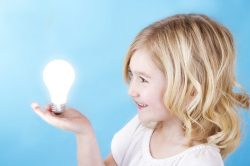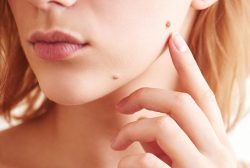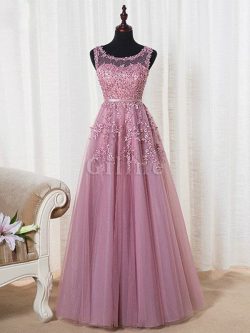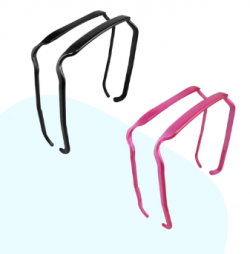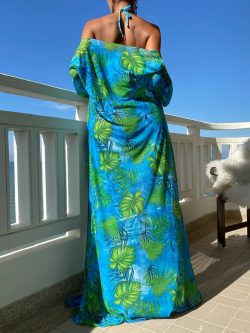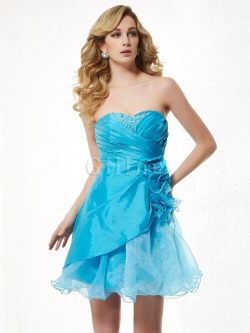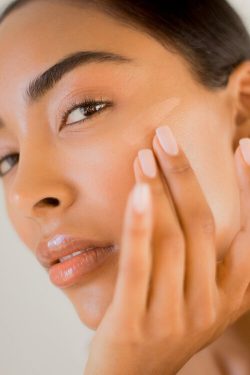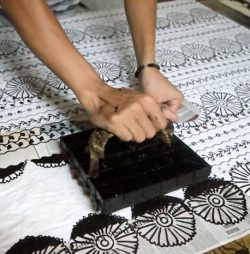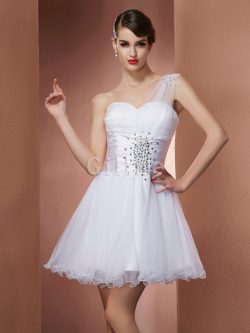Sex hormones and laying device
Nature and problems in captivity
In nature, birds are not broody all year round. The breeding period is adjusted to the time of year that is most favorable for raising young. By responding to certain stimulating factors from the environment, the bird’s body provides the greatest chance of successful reproduction. Which stimuli play the greatest role varies per species.
Environmental factors
Many birds react strongly to the change in daylight length. When the days get longer and the nights get shorter, hormone levels often increase. Not every bird is equally sensitive to this light period, species that live in nature around the equator probably react less to this.
The presence of abundant and easily available food is ideal for raising young and therefore stimulates sex hormones. Food that is too energy-rich (seeds, millet, etc.) can also have a stimulating effect
In certain areas, rain precedes periods when there is more food available for youngsters. As a result, in certain species (for example zebra finches and cockatiels) rain / spraying / showering can also stimulate the sex hormones.
The requirement for successfully raising young is the ability to make a good and safe nest. The presence of nesting facilities and nesting material is also a strong stimulus.
Of course, a partner is also needed to have young. The presence of a natural partner (bird), unnatural partner (human), or a substitute of a partner (eg mirror) is a strong stimulus of the sex hormones. In the case of another bird, just hearing a conspecific may be enough to ensure hormonal activation.
Problems and illness
Physical and behavioral problems related to the sex hormones and the laying device are common in birds. Examples are over-laying eggs, egg-laying failure, egg peritonitis, cysts, inflammation, and tumors of the fallopian tube or ovary, cloacal prolapse, aggression, hypersexuality or feather-damaging behavior. Some of these conditions are caused by over-stimulation of the sex hormones, while others are the cause of hormonal problems.
Therapy and prevention
In the case of over-laying eggs or hormone-related behavioral problems, an attempt can be made to lower hormone levels by adjusting certain environmental factors. If that does not help enough, medication can also be taken. Currently, the placement of a subcutaneous hormone implant (Suprelorin) appears to be the most effective and safest means of artificially lowering sex hormones over a longer period of time (several months to a year).
In the case of true deviations of the laying device, surgical intervention is often required.
Adjust living conditions
· Limit the daylight length. Let the bird sleep at regular intervals for 12 to 14 hours a night while in the dark. With some species, it is extremely important that there is no light at all at the birds during this period (so 1 the minute light on or the TV on can be too much).
· Limit food availability. Do not give food throughout the day, but limit this to 2 to 3 feeding moments, after which the food must be removed again. Preferably let the bird forage instead of offering the food in a container. Change any seed diet into a diet that consists of pellets (see diet for parrots )
· End the rainy season. Do not temporarily shower the bird, do not wet them with a spray, and do not actually let them sit in the rain.
· Remove nesting facilities and nesting material. Prevent the birds in the broadest sense of the word from having nesting facilities (nest box, hammock, coconut, kitchen cupboard, etc.) and nesting material at their disposal.
· Avoid stimulation from a partner. For the sake of well-being, the advice is not to really separate couples. It is sensible to prevent an unnatural partner bond between bird and owner (this also means that birds with these complaints should not be stroked and cuddled) and that mirrors or other surrogate partners must be removed.
Surgery
Many deviations of the laying device can be resolved by means of surgery. This may involve the removal of an egg in case of egg-laying, the fixation of a protruding cloaca, but also the removal of the entire fallopian tube and scaly gland (salpingohysterectomy) in the case of chronic inflammation, cysts, tumors , and impaction (accumulation of egg cells). the material in the fallopian tube and scale gland).
This surgery should be performed by a skilled avian physician under general anesthesia with adequate analgesia and respiratory support.
Unfortunately, it is usually not possible to remove the ovary (ovary) responsibly in birds, unlike, for example, in dogs and cats. That is difficult because the ovary in particular plays an important role in the abnormal hormone levels. After a “sterilization”, ie the removal of the egg leader and shell gland (salpingohysterectomy), the hormonal problems may not disappear. In many cases, it is necessary to try another way in addition to surgery to lower the levels of the sex hormones.



















